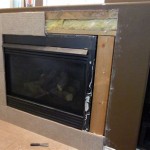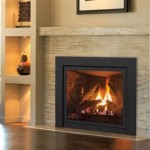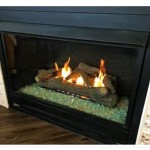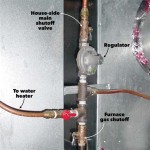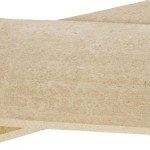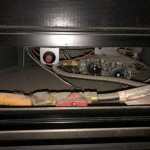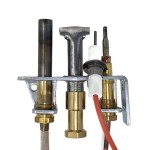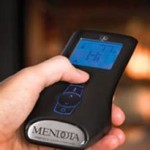Non-Venting Fireplaces: Essential Aspects for a Safe and Efficient Home
Non-venting fireplaces, also known as ventless fireplaces, are a convenient and efficient alternative to traditional wood-burning or gas fireplaces. They do not require a chimney or venting system, making them ideal for homes and apartments with limited space or restrictions on venting.
These fireplaces operate by burning a clean-burning fuel, such as propane or natural gas, to produce heat and ambiance. However, understanding their essential aspects is crucial for ensuring safety and efficiency in your home.
Essential Aspects of Non-Venting Fireplaces
Fuel Efficiency: Non-venting fireplaces are highly efficient, as they do not lose heat through a venting system. This means they can produce more heat with less fuel consumption, making them a cost-effective heating option.
Oxygen Consumption: Unlike traditional fireplaces, non-venting fireplaces do not require an external air supply for combustion. They draw air from the room, which can lead to a slight decrease in oxygen levels over time. Therefore, it is important to ensure proper ventilation by opening a window or door slightly while using the fireplace.
Moisture Production: Non-venting fireplaces release moisture as a byproduct of combustion. This can lead to increased humidity levels in the room, which may be an issue in certain climates or homes with existing moisture problems. To mitigate this, consider using a dehumidifier or opening a window to allow some moisture to escape.
Safety Features: Modern non-venting fireplaces incorporate various safety features to prevent accidents. These include automatic shut-offs, oxygen depletion sensors, and overheat protection. However, it is still essential to follow manufacturer's instructions carefully and maintain the fireplace regularly.
Installation Requirements: Non-venting fireplaces have specific installation requirements to ensure proper operation and safety. These typically involve installing the fireplace in a well-ventilated area, with adequate clearance from combustible materials and a stable supporting surface. It is recommended to hire a qualified professional for installation.
Benefits and Drawbacks of Non-Venting Fireplaces
Benefits:
- Convenience: No need for a chimney or venting system.
- Efficiency: Produces heat with minimal fuel consumption.
- Ambiance: Provides a cozy and inviting atmosphere.
Drawbacks:
- Oxygen consumption: Can slightly lower oxygen levels in the room.
- Moisture production: Releases moisture that can increase humidity levels.
- Safety considerations: Proper ventilation and maintenance are crucial for safe operation.
Conclusion
Non-venting fireplaces offer a convenient and efficient heating solution for homes and apartments. By understanding their essential aspects, such as fuel efficiency, safety features, and installation requirements, you can ensure a safe and enjoyable experience while warming your home.
Remember, proper ventilation and regular maintenance are crucial to prevent any potential issues and prolong the life of your non-venting fireplace.
:max_bytes(150000):strip_icc()/ventless-gas-fireplaces-4160746-hero-f9d4bdcd9bd446eb84406de306f790ba.jpg?strip=all)
How To Pick Out A Ventless Gas Fireplace

What Is A Ventless Gas Fireplace Experts In Gaithersbutg Md

White Mountain Hearth Vfpc28in Innsbrook Ventless Fireplace Insert With Log Set And Banded Brick Liner 28 Inches

Ventless Gas Fireplace Vent Free Modern

Ventless Gas Fireplace Propane

Are Vent Free Gas Fireplaces Safe Ventless

White Mountain Hearth Vfpa32bp Vail Ventless Premium Fireplace With Slope Glaze Burner And Log Set 32

White Mountain Hearth By Empire Ventless Outdoor Traditional Premium Gas Fireplace 36
.aspx?strip=all)
Ventless Fireplaces Explained Safety Of Vent Free Fires

Radiance Vent Free Gas Stove The Place
Related Posts

